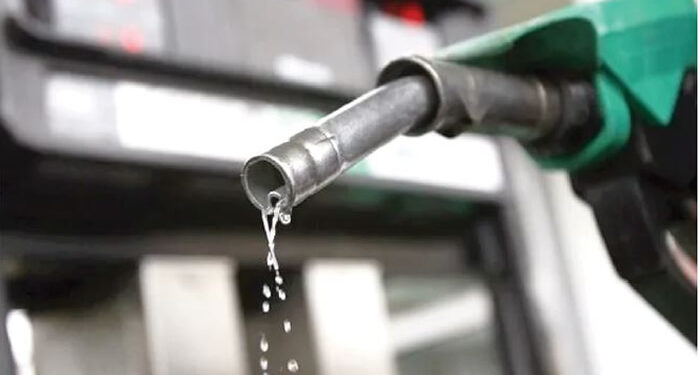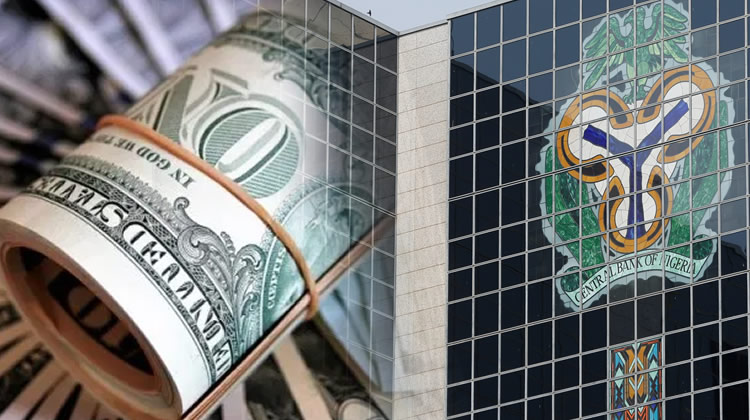Recent developments in Nigeria’s petroleum sector have sparked discussions about the potential for petrol prices to drop below ₦400 per litre.
This optimism is primarily driven by the significant decline in global crude oil prices, which have fallen to around $65 per barrel, the lowest since 2021.
Potential for Price Reduction
The Crude Oil Refinery Owners Association of Nigeria (CORAN) suggests that if crude prices continue to decrease and reach $50 per barrel, petrol prices could potentially fall to approximately ₦350 per litre. This projection is based on the expectation that lower crude oil costs would reduce the expenses associated with refining and importing petroleum products.
Challenges and Counterpoints
Despite the decline in crude oil prices, there are factors that may prevent an immediate reduction in petrol prices:
-
Market Dynamics: Reports indicate that even with the drop in crude prices, the landing cost of petrol has only slightly decreased, and ex-depot prices have, in some cases, increased.
-
Policy Decisions: The suspension of the naira-for-crude policy has led to increased reliance on dollar-denominated transactions, affecting pricing structures.
-
Operational Challenges: Disputes between major industry players, such as the Dangote Refinery and the Nigerian National Petroleum Corporation (NNPC), have influenced supply chains and pricing.
Current Petrol Pricing
As of early April 2025, petrol prices at filling stations have been observed to range between ₦918 and ₦970 per litre, depending on the location and supplier. This indicates that while there is potential for price reductions, current market conditions and operational factors are maintaining higher price levels.
While the decline in global crude oil prices presents an opportunity for reduced petrol prices in Nigeria, achieving a price point below ₦400 per litre would require addressing various market and policy challenges. Continuous monitoring of global oil trends, domestic refining capacity, and policy decisions will be crucial in determining future petrol pricing in the country.











